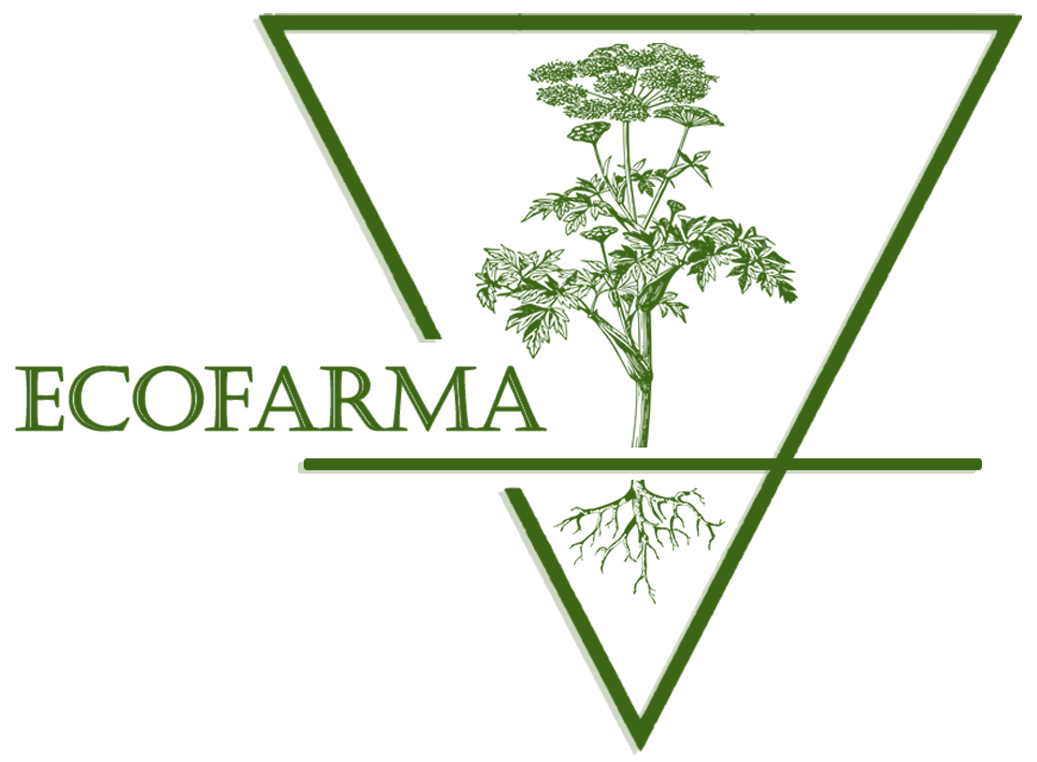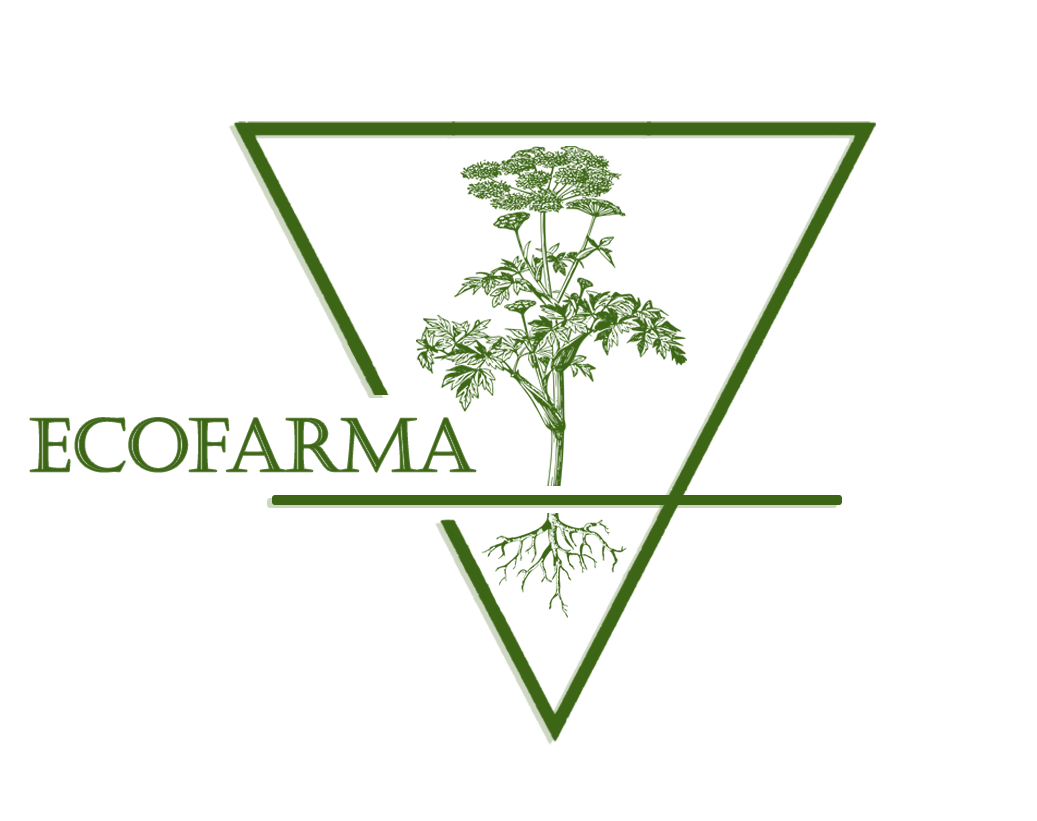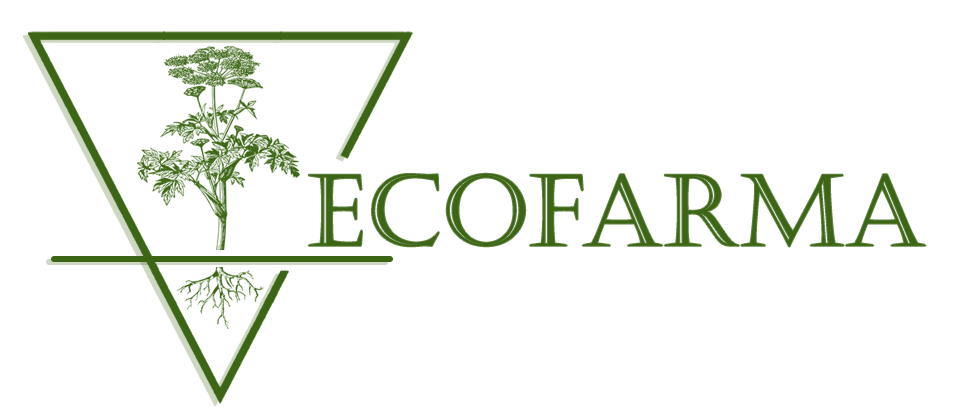In this article, we are going to unveil the wonders of vitamin A types, benefits and nature
Bounty Vitamin A, a crucial fat-soluble nutrient, exists in various forms, each offering unique health benefits. Retinol, retinal, and retinoic acid are the active forms of vitamin A, essential for maintaining vision, supporting immune function, and promoting skin health.
One of the primary benefits of vitamin A is its role in vision health. Retinal, a derivative of vitamin A, is a component of rhodopsin, a pigment found in the retina that aids in low-light vision and color differentiation.
Consuming sufficient vitamin A-rich foods helps preserve night vision and reduces the risk of vision impairments such as night blindness. Additionally, vitamin A plays a pivotal role in supporting immune function by promoting the production and activity of white blood cells, essential for fighting off infections and illnesses.
This nutrient also contributes to the integrity of the skin and mucous membranes, acting as a barrier against pathogens and environmental toxins.
Nature offers an abundance of vitamin A-rich foods, making it easy to incorporate into daily diets. Animal sources such as liver, eggs, and dairy products contain retinol, the active form of vitamin A.
Plant-based sources like sweet potatoes, carrots, spinach, and kale provide beta-carotene, a precursor to vitamin A converted in the body as needed. In addition to its vision and immune-boosting properties, vitamin A supports skin health by promoting cell turnover, reducing inflammation, and protecting against UV damage (Sorg & Saurat, 2013).
Including vitamin A-rich foods in your diet can contribute to a radiant complexion and overall skin vitality. While obtaining vitamin A from natural sources is ideal, supplements can be beneficial for individuals with specific dietary needs or those at risk of deficiency.
However, it’s essential to prioritize whole foods whenever possible, as they offer a wide range of nutrients and phytochemicals that work synergistically to promote optimal health. In conclusion, vitamin A is a vital nutrient with numerous benefits for vision, immune function, and skin health. By incorporating a variety of vitamin A-rich foods into your diet, you can harness the power of nature to support a healthy and vibrant lifestyle.
References
- Sorg, O., & Saurat, J. H. (2013). Topical Retinoids in Skin Aging: A Focused Update with Reference to Sun-Induced Epidermal Vitamin A Deficiency. Dermatology, 226(3), 185–191.






Leave a comment